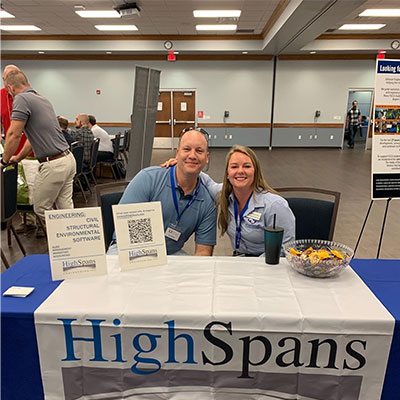WCE Employer Resources
Looking to hire students from the U.A. Whitaker College of Engineering (WCE)? You've come to the right place.

WCE Career Expos
We hold a WCE Career Expo once in the fall and once in the spring for our six majors (bioengineering, civil engineering, computer science, construction management, environmental engineering and software engineering). We offer general registration as well as sponsorships. See below for our upcoming dates and details.
| Event name | Date | Time | Location |
|---|---|---|---|
| WCE Career Expo (Fall) | Tuesday, September 16, 2025 | 2-4 PM | Cohen Student Union Ballroom & 201 |
| WCE Career Expo (Spring) | Tuesday, March 10, 2026 | TBD | TBD |
-
Registration
Toggle More Info -
Preparing for the fair
Toggle More Info
Other Ways to Connect
-
Learn About Our Majors
Toggle More Info -
Post Job and Internship Opportunities
Toggle More Info -
Become an Industry Mentor
Toggle More Info -
Internship FAQs
Toggle More Info -
Looking for Other Majors?
Toggle More Info
Have Questions?
Lexi Velte is the U.A. Whitaker College of Engineering's internship contact. If you have any questions or ideas for other ways to collaborate, don't hesitate to reach out.
Mon-Fri: 8:00am-5:00pm

